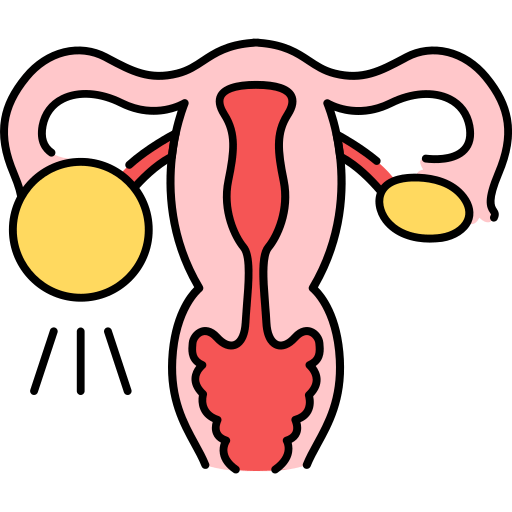
A diet plan is important in menopause because hormonal changes that occur during this phase of life can impact a woman's metabolism, weight, and overall health. Menopause is often associated with weight gain, especially around the midsection, which can increase the risk of health conditions such as heart disease and type 2 diabetes.
A balanced and nutritious diet plan can help manage weight gain and reduce the risk of these health conditions. In addition, menopause can cause a decrease in estrogen levels, which can lead to bone loss and increase the risk of osteoporosis. A diet plan that is rich in calcium and vitamin D can help prevent bone loss and maintain bone health.
Overall, a personalized diet plan that takes into account individual needs and health conditions can help women manage their symptoms and maintain their health and well-being during menopause.
Moreover, menopause can cause other symptoms such as hot flashes, mood swings, and sleep disturbances. Certain foods and nutrients can exacerbate these symptoms, while others can help alleviate them. A diet plan that includes foods such as soy, flaxseed, and omega-3 fatty acids can help reduce the frequency and severity of hot flashes and improve mood and sleep.
Menopause is a time of significant hormonal changes in a woman's body, which can lead to various symptoms such as hot flashes, mood swings, and sleep disturbances. These changes can also impact a woman's metabolism and increase the risk of health conditions such as heart disease and osteoporosis. A balanced and personalized diet plan can help manage these symptoms and reduce the risk of health issues.
A healthy diet plan during menopause should include plenty of nutrient-dense foods such as fruits, vegetables, whole grains, lean protein sources, and healthy fats. These foods can help provide the necessary vitamins and minerals to maintain good health and support a healthy weight.
Calcium and vitamin D are essential nutrients for maintaining bone health, and they become especially important during menopause due to the decrease in estrogen levels. Foods such as dairy products, leafy greens, fortified cereals, and fatty fish are good sources of these nutrients and should be included in the diet plan.
Phytoestrogens are plant compounds that have estrogen-like effects in the body and can help manage menopause symptoms. Foods such as soy products, flaxseeds, and legumes are rich in phytoestrogens and should be included in the diet plan.
To manage hot flashes and other menopausal symptoms, it's important to avoid certain foods and drinks such as caffeine, alcohol, and spicy foods. These can exacerbate symptoms and make them more frequent and severe. Instead, herbal teas and other non-caffeinated beverages can help alleviate symptoms.
In addition to a healthy diet plan, regular exercise, and stress management techniques can also help manage menopause symptoms and improve overall health. Consulting us can help develop a personalized diet plan that meets individual needs and health conditions.
Trusted by many clients
We have been trusted by more than 10,000 clients.
Hassle free diet food
Our diet is easy to prepare and eat. We guarantee you the tastiest food.
Anytime support
We always support you through your diet plan. Feel free to ask anything anytime.
Guaranteed Transformation
If you follow our diet properly then we will guarantee you your desired output.









